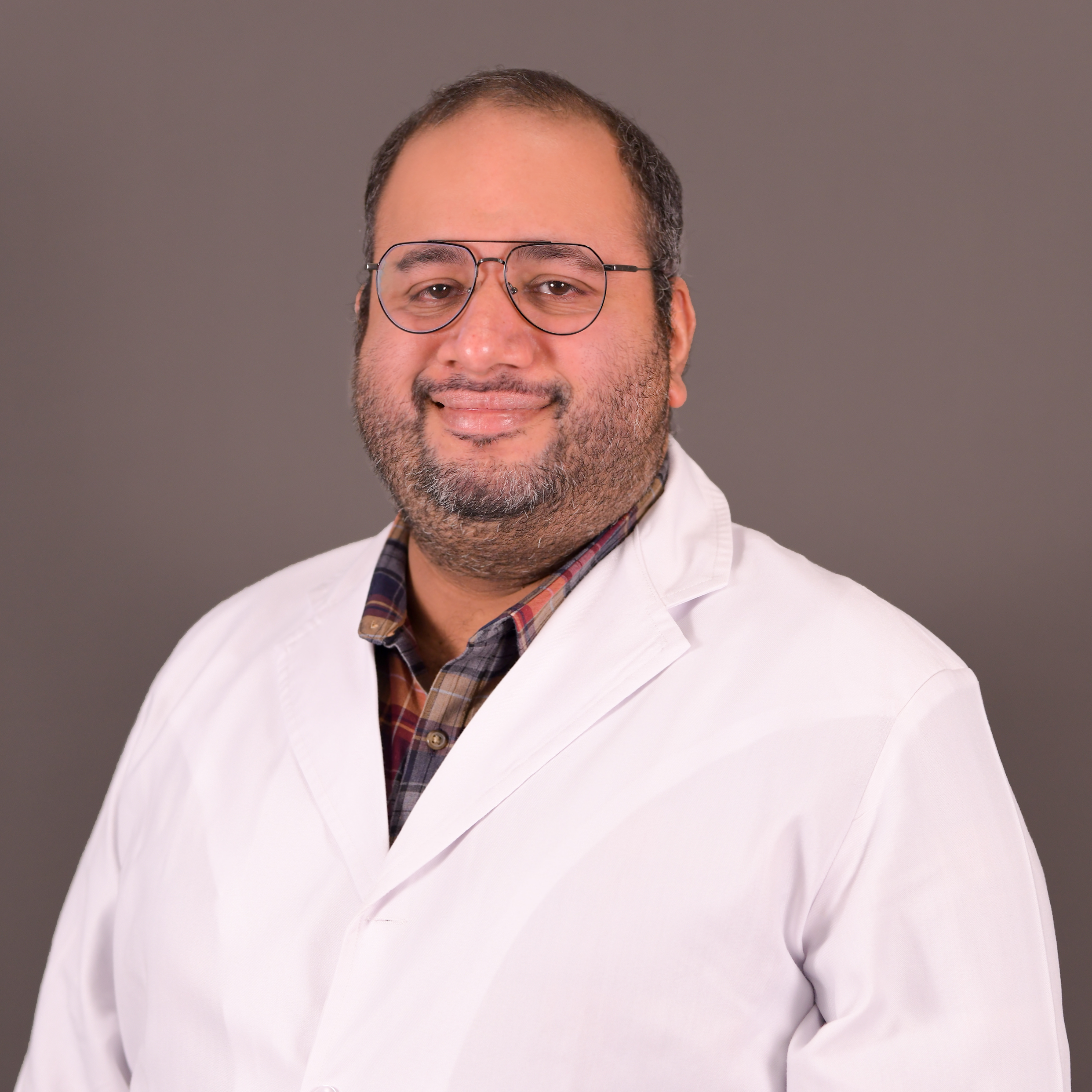- Our Doctors
- Our Specialities
Centres of Excellence
-
 Centre for Blood Diseases, BMT & Cancer Immunotherapy
Centre for Blood Diseases, BMT & Cancer Immunotherapy -
 Centre for Bone, Joint & Spine
Centre for Bone, Joint & Spine -
 Centre for Critical Care Medicine and ECMO Services
Centre for Critical Care Medicine and ECMO Services -
 Centre for Gastrosciences
Centre for Gastrosciences -
 Centre for Heart & Vascular Care
Centre for Heart & Vascular Care -
 Centre for Nephro-Urosciences
Centre for Nephro-Urosciences -
 Centre for Neurosciences
Centre for Neurosciences -
 Centre for Obstetrics and Gynaecology
Centre for Obstetrics and Gynaecology -
 Centre for Organ Transplantation
Centre for Organ Transplantation
Super Speciality
-
 Advanced Diagnostic and Interventional Radiology
Advanced Diagnostic and Interventional Radiology -
 Anesthesiology & Pain Management
Anesthesiology & Pain Management -
 Clinical Nutrition and Dietetics
Clinical Nutrition and Dietetics -
 Dental and Maxillofacial Surgery
Dental and Maxillofacial Surgery -
 Dermatology
Dermatology -
 Emergency and Trauma
Emergency and Trauma -
 Endocrinology and Metabolic Disease
Endocrinology and Metabolic Disease -
 ENT and Head & Neck Surgery
ENT and Head & Neck Surgery -
 Family Medicine
Family Medicine -
 General and Laparoscopic Surgery
General and Laparoscopic Surgery -
 General Medicine
General Medicine -
 Laboratory Medicine
Laboratory Medicine
-
- Key Procedures
- Our Hospitals
- International Patient
- Contact us
-
Quick Links


Chemotherapy
Chemotherapy is a drug treatment using strong medicines to kill cancer cells in the body. Chemotherapy is often used to treat cancer since cancer cells grow and divide at a much quicker rate than normal cells. Chemotherapy drugs can be used alone or in combination for maximum effect. Though chemotherapy is an effective way to treat many types of cancer, it also carries side effects. Chemotherapy is recommended for cancer that has already spread to other areas of the body or for tumours that cannot be removed surgically. It is also used when a patient has a recurrent disease after initial treatment with surgery or radiation therapy.
Process: Chemotherapy drugs can be given in different ways, including:
- Infusions – It is mostly given intravenously (into a vein) by inserting a tube with a needle into the arm or a device in a vein in the chest
- Pills – Certain chemotherapy drugs can be taken in capsule or pill form
- Shots – Some drugs can be injected with a needle shot
- Chemotherapy creams. Creams or gels containing chemotherapy drugs can be applied to the skin to treat certain types of skin cancer.
- Localized Chemotherapy - Chemotherapy drugs can be given directly to one area of the body or on the location of the cancer
7 Questions About Blood Cancer | Dr. Ragesh Radhakrishnan Nair
Meet Our Doctors
Experienced Medical professionals for a superior patient experience.
Frequently Asked Questions
Can I miss a dose of chemotherapy?
Unless advised by your doctor, you must comply with the chemotherapy schedule. Sometimes the doctor revises the schedule due to side effects you may have. If this happens, your doctor will explain what to do and when to start treatment again.
How do I know my chemotherapy is working?
Each person responds differently to a treatment. Your doctor will monitor you closely and schedule appropriate tests to evaluate the effectiveness of your treatment. Your doctor may keep your treatment the same or adjust your treatment depending on the results of your tests.
How is chemotherapy administered?
Your doctor will choose the chemotherapy method that will be most effective against your particular type of cancer and cause the fewest side effects. You may receive chemotherapy drugs in one or more of the following ways:
- Pill (also referred to as “oral” medication)
- Shot (Injection)
- IV (also known as “intravenous” – delivering liquid medicine through a tube into a vein)

 +91 9393 108 108
+91 9393 108 108


















































